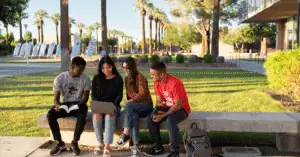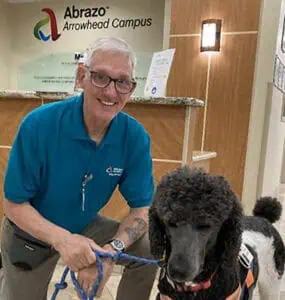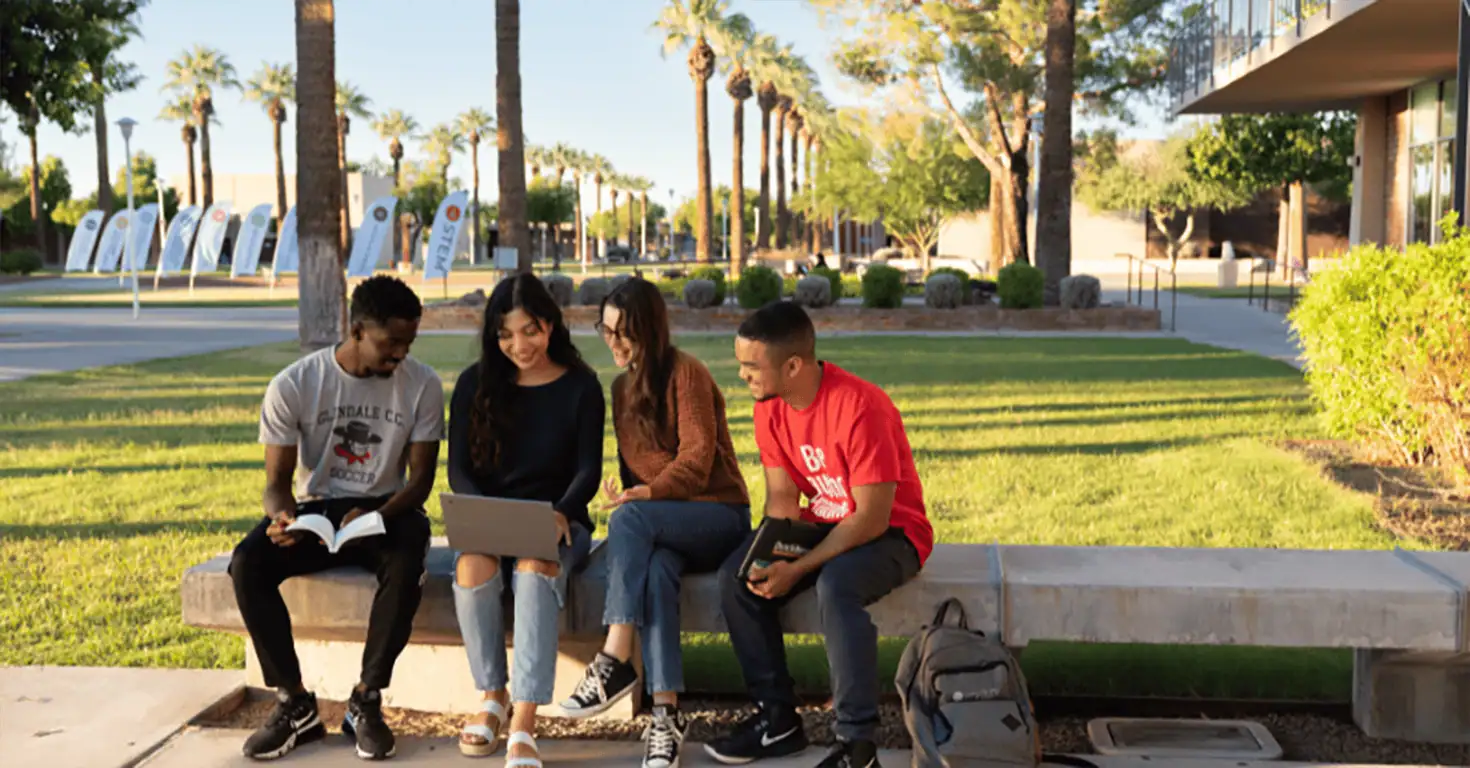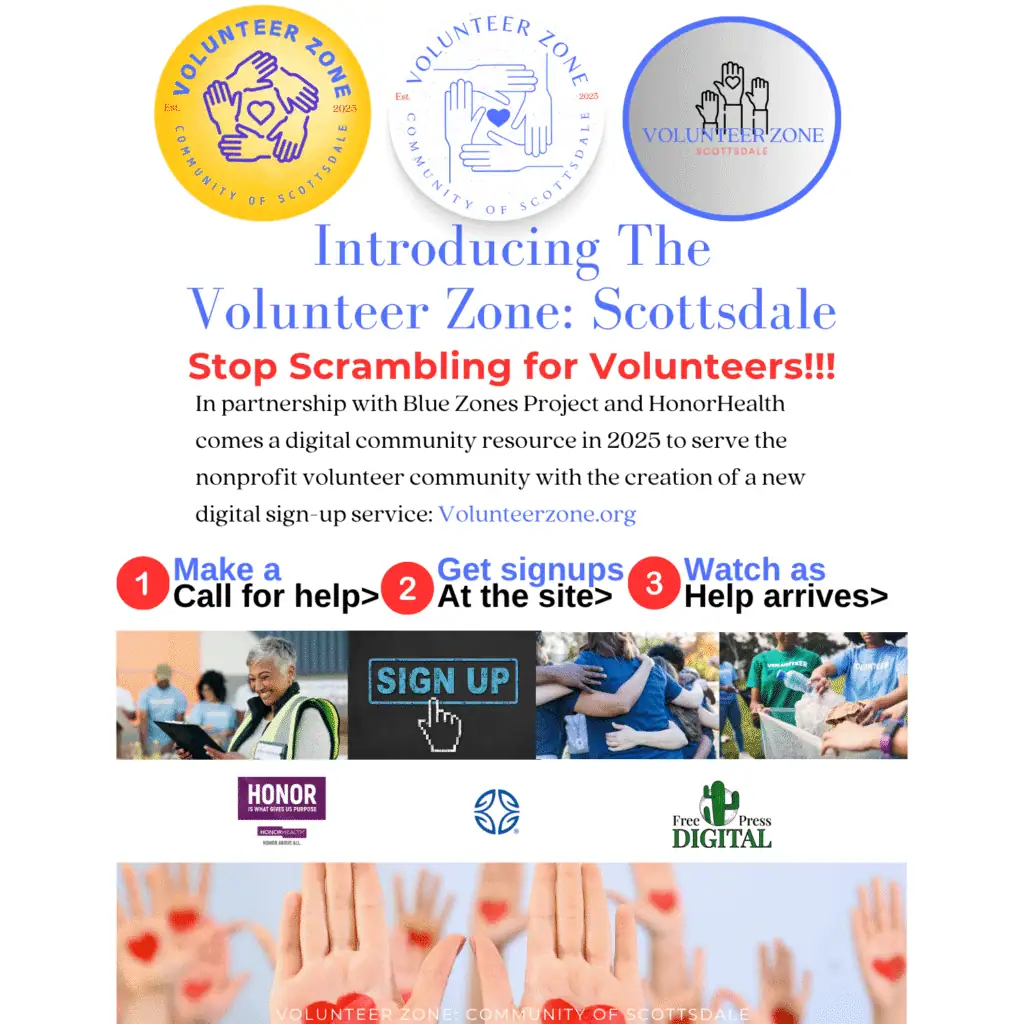
Staff Reports | Community Updates
The Carl T. Hayden VA Medical Center has housed 1,037 American Veterans experiencing homelessness in the Phoenix metropolitan area this fiscal year.
A total of 96.3% of these Veterans have not returned to homelessness, and 764 unsheltered Veterans in this network have been engaged to ensure they have access to the housing and other wraparound services they need, VA Medical Center officials tell the Digital Free Press.
Nationally, during this same time period, VA housed 43,116 Veterans experiencing homelessness, surpassing its fiscal year 2024 goal to house 41,000 Veterans a month earlier than anticipated, according to a press release.
A total of 96.3% of the Veterans housed have not returned to homelessness, and 38,476 unsheltered Veterans have been engaged nationally, the release states.
“No person who has served this country should ever have to experience homelessness,” said VA Secretary Denis McDonough. “As a result of this year’s efforts, more than 43,000 formerly homeless Veterans now have access to the homes that they deserve. And make no mistake: we won’t rest until every Veteran has a safe, stable, accessible, and affordable home to call their own.”
Between 2022 and 2023, VA permanently housed nearly 87,000 Veterans. As a result of these efforts, the number of Veterans experiencing homelessness in the U.S. has fallen by over 4% since early 2020 and by more than 52% since 2010.
Earlier this year the VA awarded more than $800 million in grants via its Supportive Services for Veteran Families and Homeless Providers Grant and Per Diem programs, and in July, awarded over $26 million in grants to support legal services for Veterans facing homelessness.
Additionally, last month, the U.S. Department of Housing and Urban Development (HUD) and VA announced policy changes that will help more Veterans receive housing assistance under the HUD-VA Supportive Housing (HUD-VASH) program.
These efforts are built on the evidence-based ‘Housing First’ approach, which prioritizes getting a Veteran into housing, then providing or connecting them with the wraparound services and supports they need to stay housed, including health care, job training, legal and education assistance, and more.


























